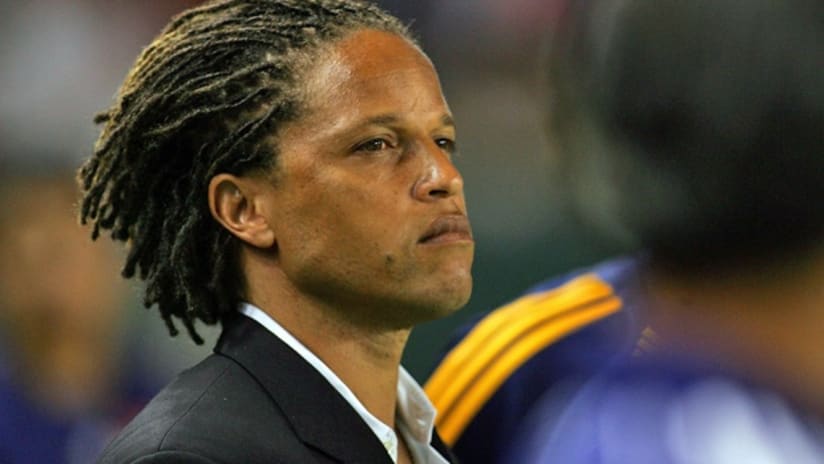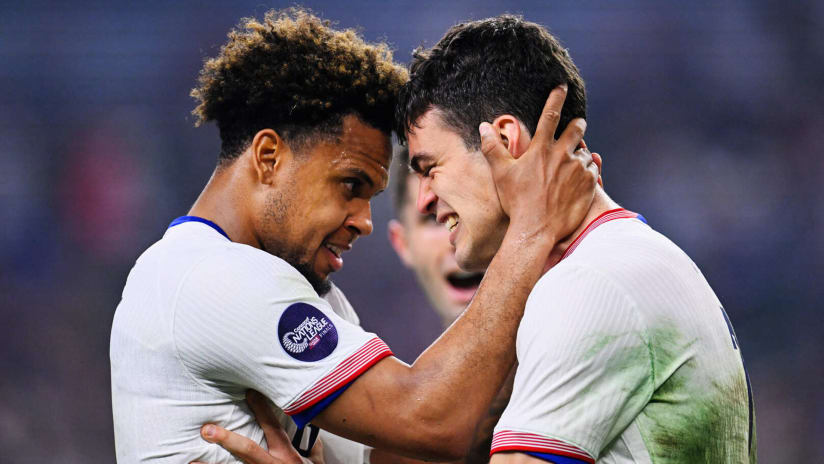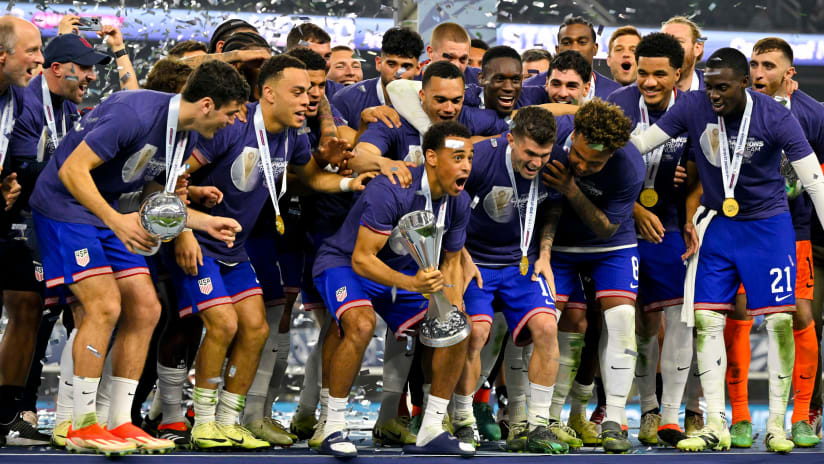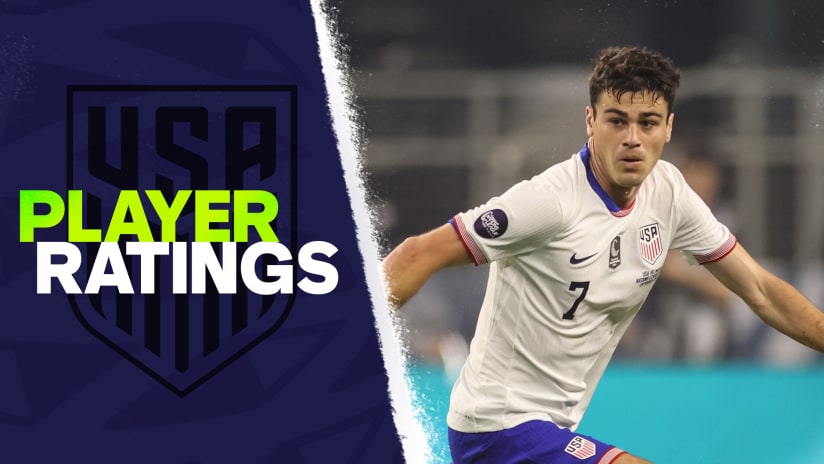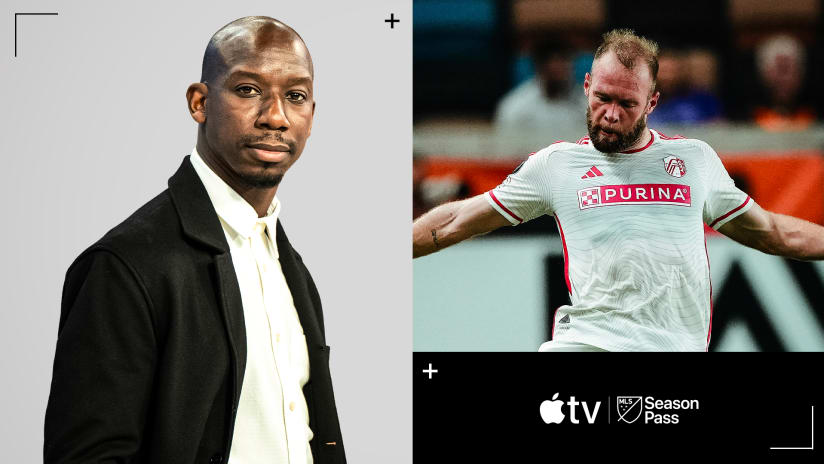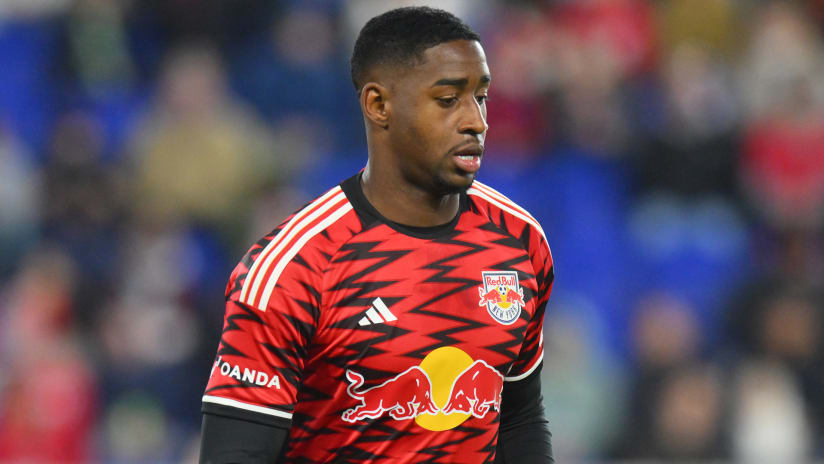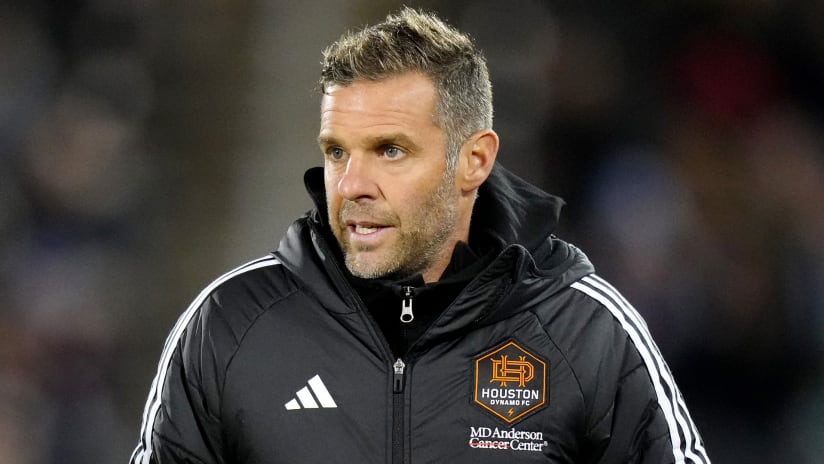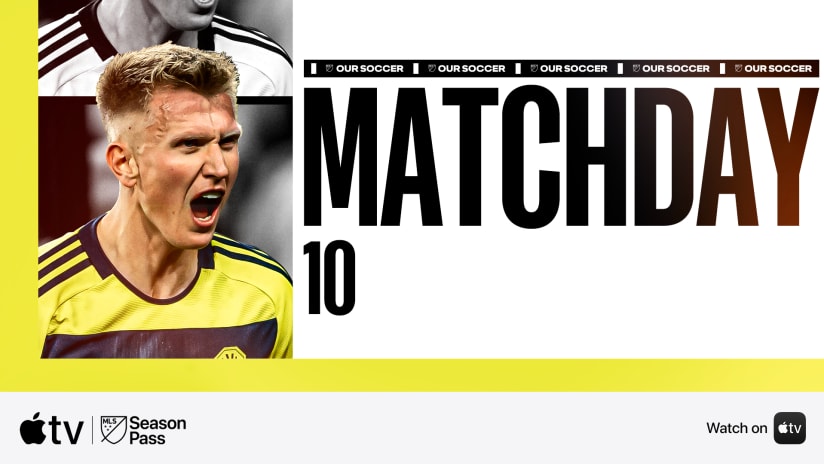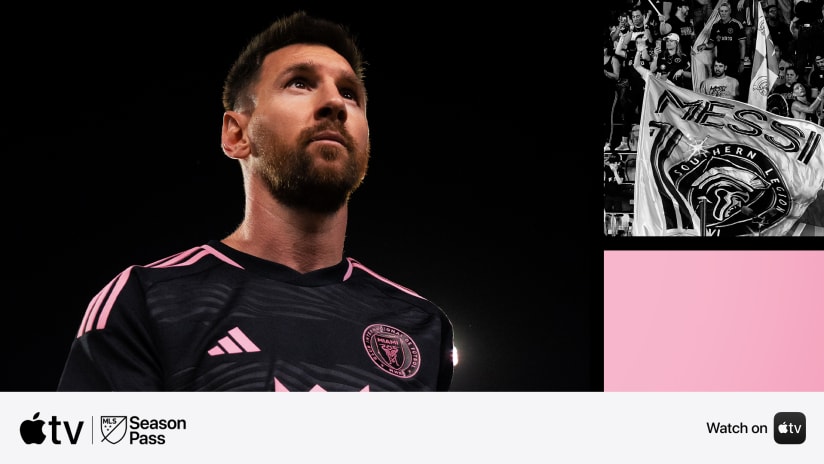Cobi Jones knows how the Copa América can change opinions around the world, and he thinks the US hosting the tournament will have a big impact on American soccer.
Jones was on hand in Miami for Thursday's announcement that the US will host a special centennial version of the event in 2016, and he offered the rare perspective of an American who has participated in the tournament twice, with the US invited as a guest team in both 1993 and 1995.
After going 0-2-1 in 1993, the US returned to the Copa América in 1995, with many in world soccer wondering if their Round-of-16 performance at the 1994 World Cup had merely come because the US were playing on home soil.
“That was a special time,” said Jones. “The World Cup was amazing, but everyone thought, ‘Was that a one-off event? Was it a fluke for the United States?’ To go to the Copa América and establish ourselves with a good performance … I think that opened up eyes around the world.”
The 1995 tournament saw the US beat Chile and Argentina to win their group and advance past Mexico via shootout in the quarterfinals. The US squad finally fell 1-0 to Brazil in the semifinals and finished fourth after falling to Colombia in the third-place match, but a new level of respect had been earned.
Jones was one of several former MLS players in attendance on Thursday to represent teams who might participate in the 2016 tournament, which will feature the 10 CONMEBOL teams joined by six representatives from CONCACAF. Jones was joined by former Chicago Fire midfielder Pável Pardo, who played in three Copa Américas for Mexico, and former FC Dallas goalkeeper Shaka Hislop, who went to the 2006 FIFA World Cup with Trinidad & Tobago.
Now a television analyst for LA Galaxy broadcasts, Jones expects the 2016 tournament to be an eye-opener in a different way than his last Copa América experience.
“I think this is amazing,” Jones said. “It opens up whole new markets, especially the United States, where the big influence has been Europe. … Now you’re opening up minds to give people a chance to look south and appreciate that history. …
"This is going to be like the World Cup, with the amount of people who are going to be there, but also everything that goes on around it. This is cultures coming into cities in the United States and sharing.”

